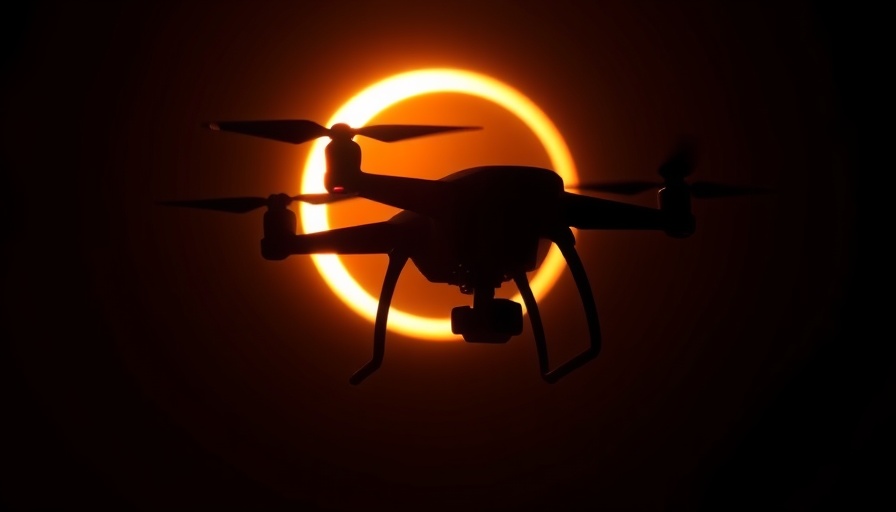
Why Taiwan is Racing Against Time for Drone Manufacturing
As tensions with China escalate, Taiwan finds itself at a critical juncture in its defense strategy, rapidly moving to establish a domestic drone industry vital for its security. In a world where drones are revolutionizing warfare—demonstrated by their usage in Ukraine and other conflicts—Taiwan's ambition to produce 180,000 drones annually by 2028 has become both a necessity and a challenge.
Understanding the Urgency Behind Taiwan's Drone Initiative
The looming threat of invasion from China has cast a long shadow over Taiwan, prompting an urgent need for innovative defense mechanisms. Military experts believe that an overwhelming assault could be imminent within a year or two, as Beijing seeks to modernize its military capabilities. To counter this, Taiwan aims to enhance its self-defense, transforming the Taiwan Strait into a formidable barrier against threats, employing swarms of drones and other unmanned vehicles.
The Challenges Taiwan Faces in Drone Production
Despite its technological potential, Taiwan is encountering significant hurdles in achieving its drone production goals. Recent reports indicate that the island has only managed to produce between 8,000 to 10,000 drones in the past year—far below its ambitious targets. Among the obstacles identified are high manufacturing costs, a lack of domestic procurement, and minimal international orders, all contributing to a sluggish development pace. As Cathy Fang of the Research Institute for Democracy, Society, and Emerging Technology (DSET) notes, these structural issues must be addressed if Taiwan is to realize its drone ambitions.
Learning from Global Examples
There's no shortage of lessons to be gleaned from global conflicts regarding drone capabilities. For instance, the Ukrainian military has effectively utilized drone swarms to fend off larger aggressors, offering crucial insights into strategic implementation. Taiwan has been proactive in emulating these strategies, forming alliances between government and industry through initiatives like the Drone National Team, aimed at boosting local drone production.
The Path Forward: Innovation in a High-Stakes Environment
Given the urgency of the situation, Taiwan's future in drone manufacturing hinges on not just enhancing production rates, but also fostering innovation. This requires collaboration between policymakers, technologists, and military strategists to build a drone program that can keep pace with escalating threats. As Taiwan grapples with these challenges, its ability to adapt and innovate may very well determine its future autonomy.
In conclusion, as Taiwan strives to develop a robust drone industry, the world watches keenly. For nations facing similar threats, Taiwan's journey serves as a potential roadmap for integrating cutting-edge defense technologies into national security strategies.
 Add Row
Add Row  Add
Add 
 Add Element
Add Element 

Write A Comment